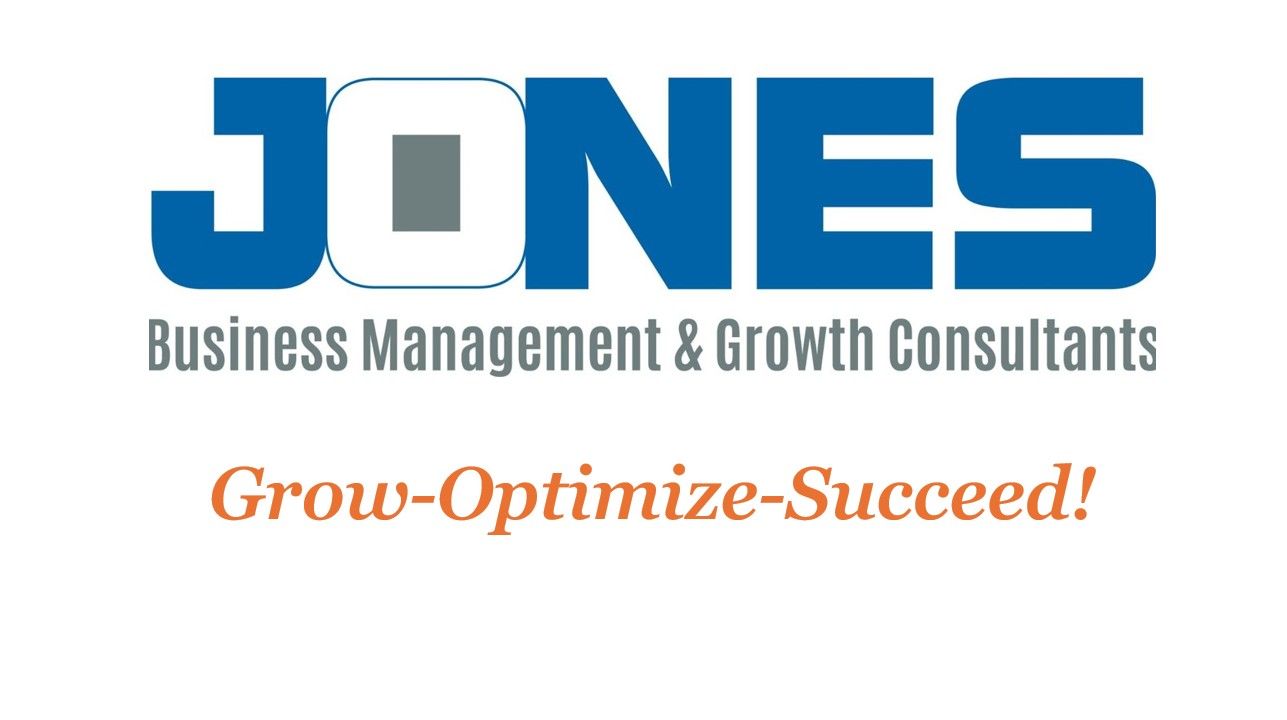Why Your Business and Marketing Plans Should Be Living Documents
Adapting Your Business and Marketing Plans for Long-Term Success

In one of my recent consulting jobs, I encountered a situation that’s all too common among business owners. A client, understandably eager to move forward, asked me when her marketing plan would be considered "complete." This question came after she had learned new, valuable information from a conference, raising valid concerns about her product's positioning in the market. It became clear to me that there’s a widespread misunderstanding about what a business or marketing plan actually is—and more importantly, what it isn't.
The Problem With Thinking Your Plan Is "Done"
It’s tempting to think of a marketing plan, or even a business plan, as something you can check off your to-do list. You spend weeks or months developing it, you’ve covered all your bases, and now you’re ready to execute, right? But here’s the truth: no plan is ever truly "done."
In business, the market is constantly evolving. Customer needs shift, competitors make moves, new technologies emerge, and unexpected challenges arise. In the case of my client, her newfound understanding of how to prove the purity of her product to restaurant managers brought up questions that hadn’t been considered earlier. This isn’t a failure in planning; it’s an opportunity to refine and improve the plan.
The Living Document Approach
Business and marketing plans should be viewed as living documents—dynamic guides that evolve over time. When you gather new information, encounter market changes, or recognize a gap in your strategy, your plans should be flexible enough to adapt. A static plan limits your ability to respond to new opportunities or threats, which could put your business at a disadvantage.
For example, if you discover that a key selling point of your product resonates more with a different customer segment than you originally planned, your marketing efforts should shift accordingly. This doesn’t mean the initial plan was wrong; it means that it has served its purpose in guiding you to a new understanding of the market.
The Role of Strategy
Amid the evolving details of your business and marketing plans, there should be a clear strategy that serves as your overarching guide. This strategy acts as a compass, providing direction even when the specifics of the plan change. Your strategy should answer the big questions: What is your mission? What are your core values? Who are your target customers? How do you want to be positioned in the market?
The strategy is less about the tactical details and more about the long-term vision for your company. It allows you to keep sight of the bigger picture, even as you tweak and adjust the finer points of your plans.
Embrace the Evolution
When new information comes your way, it’s a sign that your business is growing and evolving—exactly what you want! Instead of seeing these shifts as disruptions, view them as opportunities to enhance your plans. A well-thought-out plan will always include room for growth, adaptation, and continuous improvement.
In the end, successful businesses thrive not because their plans were perfect from the outset, but because they remain agile and responsive to new insights. So, the next time you think you’re "done" with your marketing or business plan, take a step back and ask: What have I learned since creating this plan, and how can I make it even better?
By embracing your business and marketing plans as living documents, and keeping your strategy front and center, you position yourself to meet challenges head-on, take advantage of new opportunities, and ultimately, succeed in an ever-changing market.
#BusinessStrategy #MarketingPlan #BusinessGrowth #LivingDocuments #Entrepreneurship #AgilityInBusiness #Adaptability #SmallBusinessTips #Consulting #Leadership #BusinessSuccess #ContinuousImprovement #DynamicPlanning










